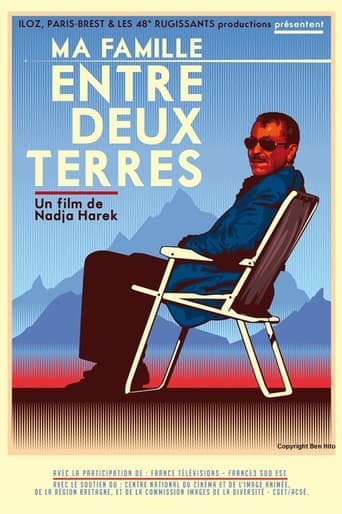
01 Jun 2015

Ma famille entre deux terres
No overview found
A documentary about Italian immigration in Brazil.

01 Jun 2015

No overview found
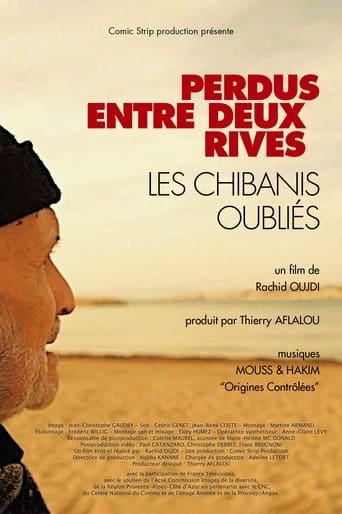
04 Jul 2014

No overview found
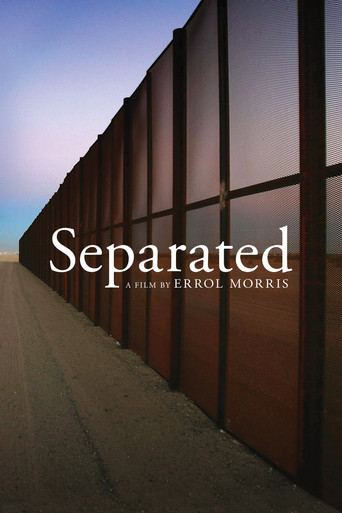
04 Oct 2024

Academy Award®-winning filmmaker Errol Morris confronts one of the darkest chapters in recent American history: family separations. Based on NBC News Political and National Correspondent Jacob Soboroff’s book, Separated: Inside an American Tragedy, Morris merges bombshell interviews with government officials and artful narrative vignettes tracing one migrant family’s plight. Together they show that the cruelty at the heart of this policy was its very purpose. Against this backdrop, audiences can begin to absorb the U.S. government’s role in developing and implementing policies that have kept over 1300 children without confirmed reunifications years later, according to the Department of Homeland Security.

17 Jul 2000

A decade after taking a series of photographs of skinhead members of a far-right group for his book Public Enemies, Leo Regan returns to three members of the gang to see what has happened to them in the intervening years.
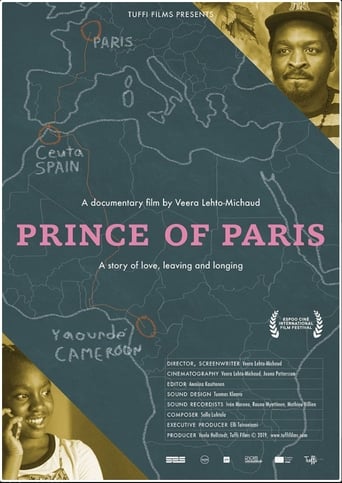
08 May 2019

A film about Princesse, a 9-year-old Cameroonian, and her father, who leaves Africa to make their dreams come true. The two keep in touch through numerous phone calls. Princesse goes to school while her father is trying to make it in Paris cleaning streets and selling souvenirs that enable him to send nice clothes to his daughter – and a smartphone that she’s been begging for.
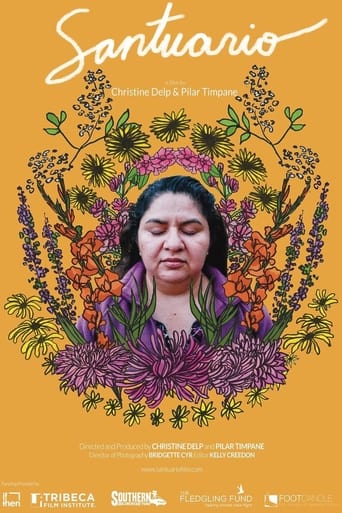
06 Oct 2018

In Greensboro, NC, a small church community offers sanctuary to Juana Ortega, a Guatemalan grandmother threatened with deportation after 25 years of living and working in the United States.
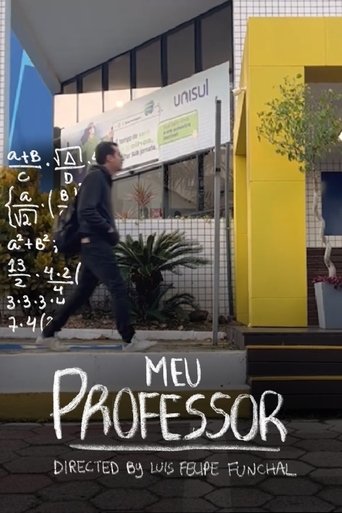
30 Jun 2023

No overview found

28 Feb 2019

Rosine Mbakam is invited to step in Sabine’s small hairdresser’s because it is dangerous in the street. She accepts and pushes in with her camera. Sabine’s stories and the customers’ joys, worries, problems and fears bring depth and life into the premises. At times, it feels like the entire African quarter of Brussels had squeezed in. Laughter abounds, anecdotes and life stories elicit emotions, and a male visitor brings a touch of flirt into the salon.
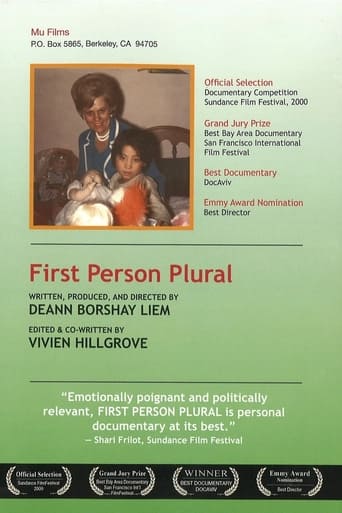
18 Dec 2000

In 1966, Deann Borshay Liem was adopted by an American family and sent from Korea to her new home in California. There, the memory of her birth family was nearly obliterated, until recurring dreams led her to investigate her own past, and she discovered that her Korean mother was very much alive. Bravely uniting her biological and adoptive families, Borshay Liem embarks on a heartfelt journey in this acclaimed film that first premiered on POV in 2000. First Person Plural is a poignant essay on family, loss and the reconciling of two identities.
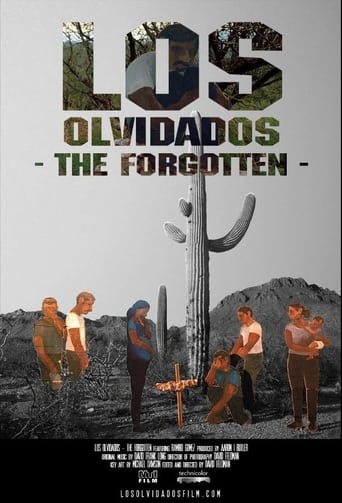
11 Apr 2014

Artist Ramiro Gomez advocates for domestic laborers through an art instillation in the Sonoran Desert, in tribute to his immigrant roots.
22 Mar 2013
A documentary that measures the cost of providing amnesty to millions of illegal aliens.
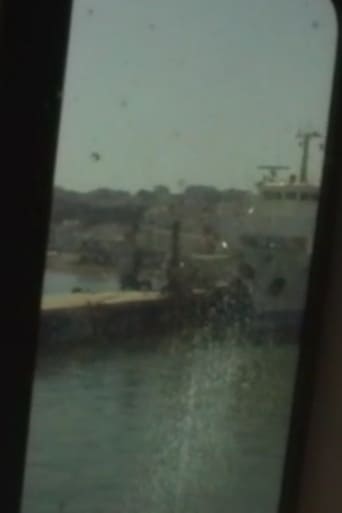
01 Jan 2006

Somewhere between documentary and fiction, this is an essay on questions of territory and human displacements made during an excursion from southern Spain to northern Morocco. Travelling on the Mediterranean rim, we hear immigrants tell their stories.
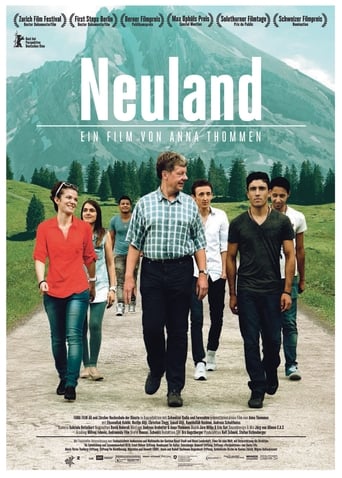
27 Mar 2014

Young migrants from Afghanistan, Cameroon, Serbia and Venezuela attend a Swiss integration class where they learn a new language and prepare for employment.
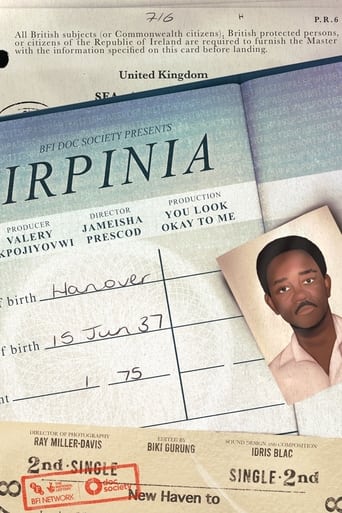

Irpinia follows the journey of young West Indian dreamer Dudley as he makes his way to England in the 1960s. At 24 years old, Dudley boarded a ship named Irpinia in search of a better life in England, the so-called motherland. Now 86, Dudley reflects on the exciting journey at sea and the harsh reality that lay ahead of him.
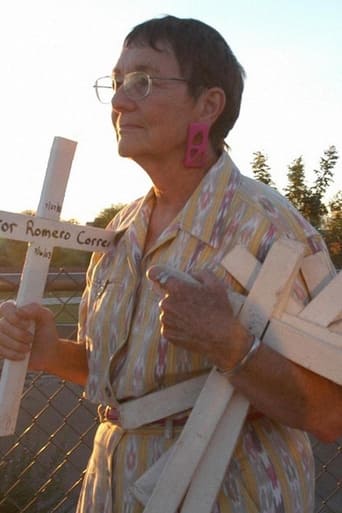
15 Jun 2005

Why don't we do something to ease the suffering of the poor, the excluded? Because we live in fear of "the other," the stranger. Filmed a few months before the 2004 presidential election, On the Road with Mary is a gripping view of an America living in fear. From a miserable neighbourhood in Detroit ravaged by crack and violence, to the militarized border with Mexico, this potent road movie exposes the unbearable other side of the American Dream.
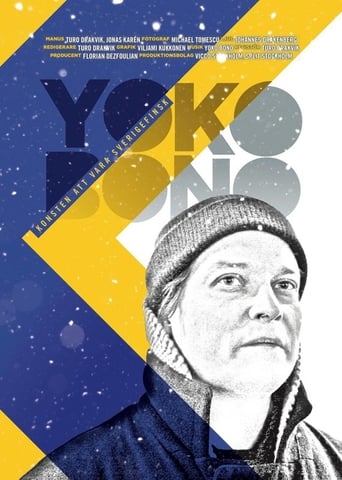
31 Dec 2018

Because of the poor employment situation in Finland, many families and single people decided to move to Sweden to seek employment in the 1960s and 70s. The move was considered temporary and it affected people’s ways of making themselves at home in the new country; they did not even try to adapt or learn the language of the country. At that time, the nicknames “Finnjävel” and “Hurri” were well-known to Swedish-Finnish youngsters: In Sweden, they were regarded as Finns; and the other way around. As neither nation’s citizens approved them as their own, the Sweden Finns had to create their own identity. But what kind of lives do these immigrants’ children and grandchildren live today? Jonas Karén was born in a Finnish family in Husby’s suburb 1980.

16 Oct 2012

An epic feature documentary about a coal mining town with a fiery immigrant heritage, once pivotal in fueling America’s industrial revolution and today in decline and struggling to survive and retain its identity, soul and values – all of which were dramatically challenged when four of the town’s white, star football players were charged in the beating death of an undocumented Mexican immigrant named Luis Ramirez. Pulitzer Prize-winning photographer David Turnley’s most personal work, SHENANDOAH creates a deeply felt portrait of a working class community, and the American Dream on trial.
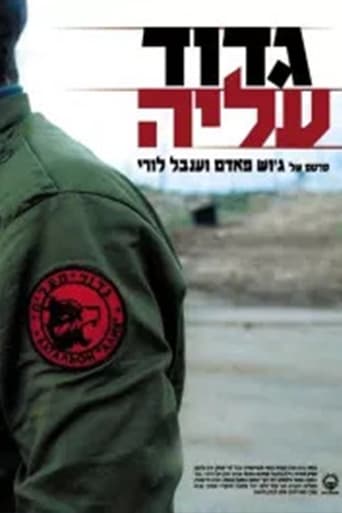

The long lasting Palestinian-Israeli conflict has created appaling phenomenons that have horrified the Israeli society. the "politically conscience-refusals" or those individual soldiers refusing to fight in the occupied territories, are one of those phenomenons. In opposition to them stand a thousand immigrants from the former Soviet Union, ex-military men from the Red Army, who yearn to be recruited into the IDF and fight for Israel, but who are denied the right to serve in the army. Through the stories of Oleg and Alex, immigrants and the battalion's charismatic commanders, the story of the Russkii Battalion is told. It is a story of contrasts between the hardships of the daily struggles they face as new immigrants against the pride and the sense of belonging they find in the battalion. The Russkii Battalion is a film about a militaristic social bubble, in a country that is in constant war.
14 Jan 2017
The events that took place at the beach of El Tarajal in Ceuta (Spain) in February 2014 - the killing by the border police of 15 people who were trying to reach the Spanish coast - are an example of how the police force can violate the laws of its own country and international conventions with total impunity. The worst part is that this violation of human rights is protected by the Spanish Ministry of Interior itself, which hinders any effective action by the prosecution. For this reason, the civil society plays a fundamental role in revealing the facts. This is where the figure of collective complaints (DESC Observatory and the association Coordinadora de Barrios) steps in.
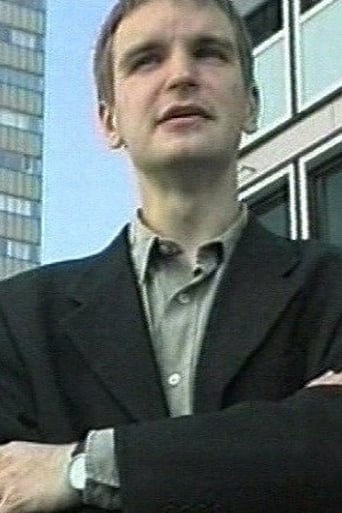
01 Jan 1999

Andres Kurg is an art historian who likes Danish modernist architecture and therefore wants to settle there. He argues with Danish officials to grant him a residence permit for aesthetic reasons.